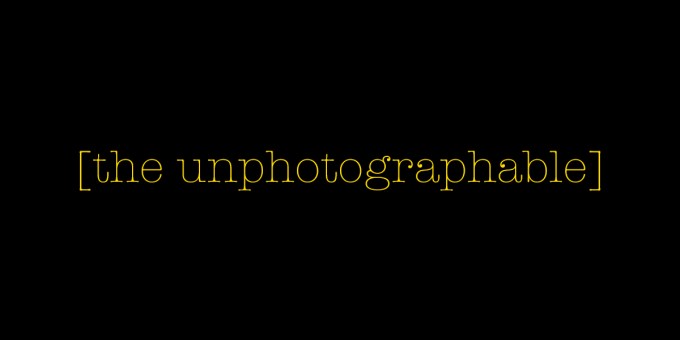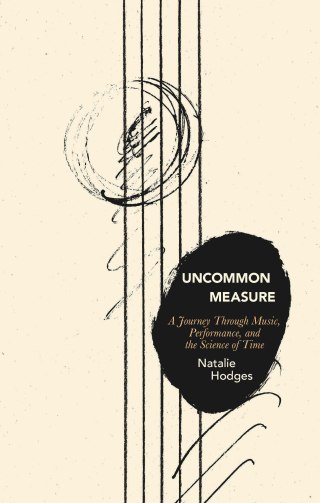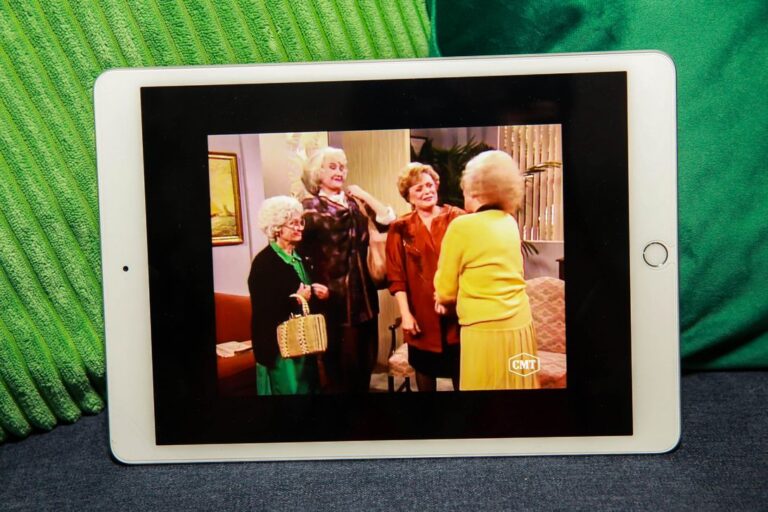One problem that I have with this “Textbook View” is that it assumes that “deontological theories are best understood in contrast to consequentialist ones” (Alexander & Moore 2020). I, however, believe that deontology is compatible with act-consequentialism—something that Jake Zuehl convinced me of in May 2017. Let me explain what convinced me.
(UTV2) God wills agents to maximize utility because God is perfectly good, and his perfect goodness necessitates his willing agents to maximize utility—utility being what’s good.
From K1 and K2, it follows that
Deontology Is Compatible with Act-Consequentialism
by Douglas Portmore
It seems, then, that moral theories are to be differentiated in terms of what they take the ultimate right-making feature of actions to be, not in terms of what fact they hold ultimately explains their rightness. And if Paley’s theory counts as theological voluntarist given its commitment to UTV1a and despite its holding that what ultimately explains the fact that maximizing utility is right is the fact that God is perfectly good, then Kantsequentialism must count as act-consequentialist given its commitment to K1a (the idea that the ultimate right-making feature of an act is that its outcome is not outranked by that of any available alternative) and despite its holding that what ultimately explains the fact that refraining from treating persons as mere means is right is the fact that persons are ends-in-themselves who are owed respect.
and that
And, from UTV1 and UTV2, it follows that
The following is a guest post by Douglas Portmore, Professor of Philosophy at Arizona State University. It is part of the series of weekly guest posts by different authors at Daily Nous this summer.
Now, to see that it’s a mistake to think that act-consequentialists must hold that what ultimately explains the fact that a certain act is right is the fact that its outcome is not outranked by that of any available alternative, consider William Paley’s utilitarian theological voluntarism (1802). It holds both that
The idea is that, given that agents owe persons respect, they ought to rank the outcome of their refraining from treating them as mere means above the outcome of their treating them as mere means, and this, in turn, explains why, given act-consequentialism, agents ought to refrain from treating persons as mere means.
“It’s standard to divide the moral landscape into deontology, consequentialism, and virtue ethics, thereby assuming that these three are mutually exclusive and jointly exhaustive. I, like some others, find this deeply problematic…”
To see that this deontological view is compatible with act-consequentialism, consider Kantian act-consequentialism, or ‘Kantsequentialism’ for short (Portmore forthcoming). It holds both that
(K2) the outcome of an agent’s refraining from treating persons as mere means is not outranked by that of any available alternative because persons are ends-in-themselves who are owed respect, and respecting them necessitates refraining from treating them as mere means.
(K2) the outcome of an agent’s refraining from treating persons as mere means is not outranked by that of any available alternative because persons are ends-in-themselves who are owed respect, and respecting them necessitates refraining from treating them as mere means.
To illustrate this distinction, consider the act of flipping the switch in the Trolley Problem, and assume that this act would maximize the good by maximizing the number of lives saved. According to classical utilitarianism, the ultimate right-making feature of flipping the switch is not that it would maximize the number of lives saved, but that it would maximize the good. After all, classical utilitarians hold that it would be wrong to maximize the number of lives saved if doing so would fail to maximize the good. Now, some classical utilitarians (e.g., Moore 1903) believe that ‘right’ just means ‘produces the best outcome’. And, on their view, the fact that ultimately explains the rightness of flipping the switch (given that doing so would produce the best outcome) is the fact that ‘right’ just means ‘produces the best outcome’. Thus, classical utilitarians hold that whereas the ultimate right-making feature of flipping the switch is that it maximizes the good, the fact that ultimately explains the rightness of flipping the switch is the fact that ‘right’ just means ‘produces the best outcome’.
(K3) an agent’s refraining from treating persons as mere means is right ultimately because persons are ends-in-themselves who are owed respect.
There are at least three reasons for thinking that this is how ‘act-consequentialism’ should be defined. First, it’s appropriately broad in that it includes theories that are generally regarded to be act-consequentialist, such as ethical egoism (Wikipedia), classical utilitarianism, self/other utilitarianism (Sider 1993), rights consequentialism (Sen 1982), and satisficing consequentialism. Second, it’s appropriately narrow in that it excludes theories that are generally regarded not to be act-consequentialist, such as Kantianism, virtue ethics, motive utilitarianism (Adams 1976), rule-consequentialism, and theological voluntarism (Murphy 2019). (Admittedly, deontology is often thought not to be act-consequentialist, and, yet, this definition fails to exclude all forms of it—or so I’ll be arguing. But I hope to show that this thought is mistaken as well as to diagnose what has led some to make this mistake.) Third, it accounts for the fact that “the term ‘[act-]consequentialism’ seems to be used as a family resemblance term to refer to any descendant of classic[al] utilitarianism that remains close enough to its ancestor in the important respects” (Sinnott-Armstrong 2019)—the important respects being those that account for classical utilitarianism’s tendency to “haunt even those of us will not believe in it” (Foot 1985, 196). For, as Philippa Foot noted, classical utilitarianism’s act-“consequentialist element is one of the main reasons why [classical] utilitarianism seems so compelling” as well as the main reason why “the move to rule utilitarianism seems to be an unsatisfactory answer to the problem of reconciling utilitarianism with common moral opinion” (1985, 196 & 198). And there is indeed something quite compelling about the act-consequentialist idea that we should first tell agents how to rank the various possible worlds that they could actualize through their actions and then direct them to perform whichever act would actualize the one that ranks highest—the one that they ought to prefer to every available alternative (see Portmore 2011, 34–38).
And, given K1–K3, Kantsequentialism is deontological. For it includes an agent-centered restriction against treating persons as mere means that is ultimately grounded in the duty to respect persons. Thus, it implies that I should not murder one person even to prevent the mafia from murdering five others and that this is ultimately because my would-be victim is a person whom I have a duty to respect.
and that
(UTV1) an agent’s maximizing utility is right because
(a) the ultimate right-making feature of an act is that it accords with God’s will and
(b) God wills agents to maximize utility
In philosophy textbooks, it’s standard to divide the moral landscape into deontology, consequentialism, and virtue ethics, thereby assuming that these three are mutually exclusive and jointly exhaustive. I, like some others, find this deeply problematic.





